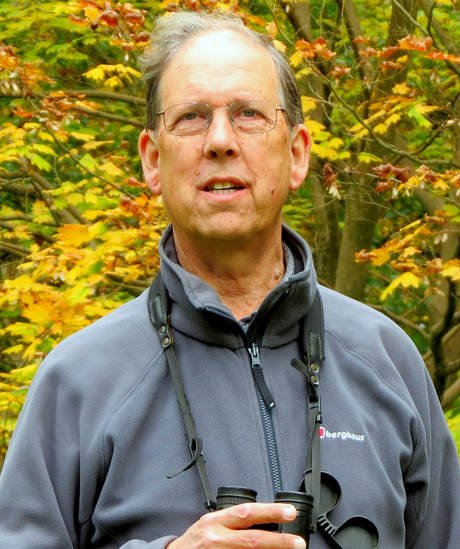It is traditional at the start of a new year to review the one just ended and to look for signs that the year ahead will be better.
So, as we enter the second quarter of the 21st Century (in Western calendars at least), are there reasons to be hopeful? This raises the question: is hope an attitude of mind or does it only become real if we set about creating reasons to be hopeful?
What can we do to make the future look brighter, not just for ourselves but for the human family as a whole?
In the film, Miss Conviviality, all of the would-be beauty queens are asked, what is the one thing our society most needs. One after the other, they reply, “World Peace”. Few would disagree with that but as far as I can recall none of them offers any pointers in how to achieve it.
Perhaps For A New World can help?
One clue lies in the banner on the home page: “For A New World – stories of lives changed. Countless people have found a new direction inspired by the vision of Frank Buchman and the quest for a fear-free, hate-free, greed-free world.” Answering greed, hate and fear would certainly help create the conditions in which peace can flourish.
A search for the word “peace” brings up 4,570 hits at the time of writing. Clearly it is a subject close to the heart of MRA/IofC.
An important insight was expressed by Frank Buchman in his speech, “A world philosophy adequate for world crisis”. “Peace is not just an idea, it is people becoming different,” he said in a radio broadcast in October, 1939. “Our arts of reconciliation have not kept pace with the arts of war.”
Today in 2025, our arts of reconciliation are still in urgent need of upgrading.
Perhaps there are lessons to be learned from earlier peace-making efforts, many of which are described on the site.
One attempt to bring healing followed the brutal civil war in Sierra Leone, which ended in 2002. A Manchester school teacher, Keith Neal, visited Sierra Leone to try and help. One of the people he met there was John Bangura, who had lost nine members of his family in the fighting. At an MRA/IofC conference in Tanzania, Bangura had lost his lust for revenge and found hope for “one life, one nation, one world”. In 2001 he had decided to return to Sierra Leone at great personal risk. With others, he set up an NGO called Hope-Sierra Leone. They ran training programmes on the “Moral Foundations of Democracy”. Neal was a faculty member.
The courses brought together police and military personnel, and civil society leaders, to promote healing and reconciliation. Neal stated, “a change of heart in individuals can help change a nation”.
“John [Bangura] isn’t a trained counsellor but he has the secret of listening to the inner voice and, by listening, he has helped people to overcome the traumas they had gone through,” Neal commented. “He holds classes where those who murdered, looted and raped are now sitting side-by-side with former victims. Horrendous stories have surfaced: one man burst into tears as he told how he had been forced to watch the beheading of his mother; and a group of young girls, used as sex slaves by the rebel insurgents, had turned to prostitution. Bangura decided to help them... re-integrate into society. He provided them with donated sewing machines, to make and sell clothes and uniforms. They are now earning a living and holding their heads up with greater self respect.”
Clearly letting go of the desire for revenge and meeting the needs of those who have suffered are two essential elements to bringing in a new climate of harmony.
Of course, there is a great deal more to peace-building than this short account illustrates. And peace is never something to take for granted – it needs to be nurtured by each new generation.
A particularly controversial element of healing the past may be reparations. It is often argued that, by demanding huge amounts of compensation from Germany after the First World War, the seeds were laid for the Second one.
Yet it is unarguable that there are many communities today who are economically and socially disadvantaged because of past injustices such as slavery and colonialism. Indeed the question of reparations came up at the Commonwealth Heads of Government Meeting in Samoa last October. The BBC reported: “Commonwealth leaders have agreed the 'time has come' for a conversation about reparations for the slave trade, despite the UK's desire to keep the subject off the agenda at a two-day summit in Samoa.”
I don’t pretend to know how reparations for the slave trade could ever be agreed upon or fairly distributed, nor even whether that would bring healing. But there is no doubt that the United Kingdom benefited hugely from slavery – and many communities in the Caribbean and throughout America still bear the scars of that injustice. I would suggest that many people would look forward to 2025 with more hope if the UK would at least be prepared to listen to what the other Commonwealth countries have to say.

